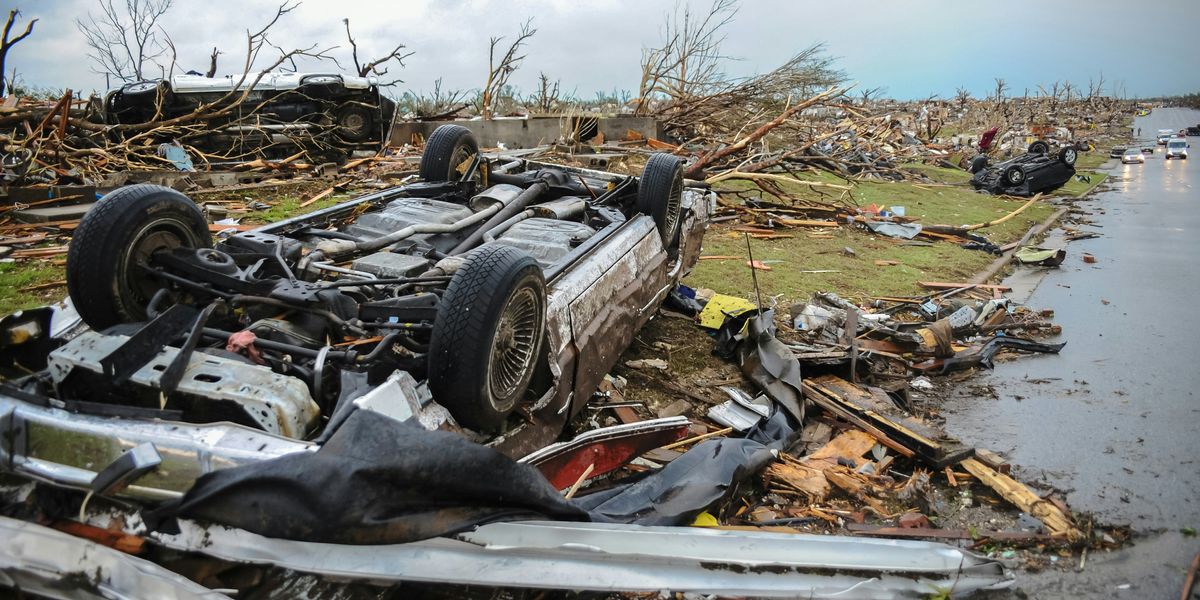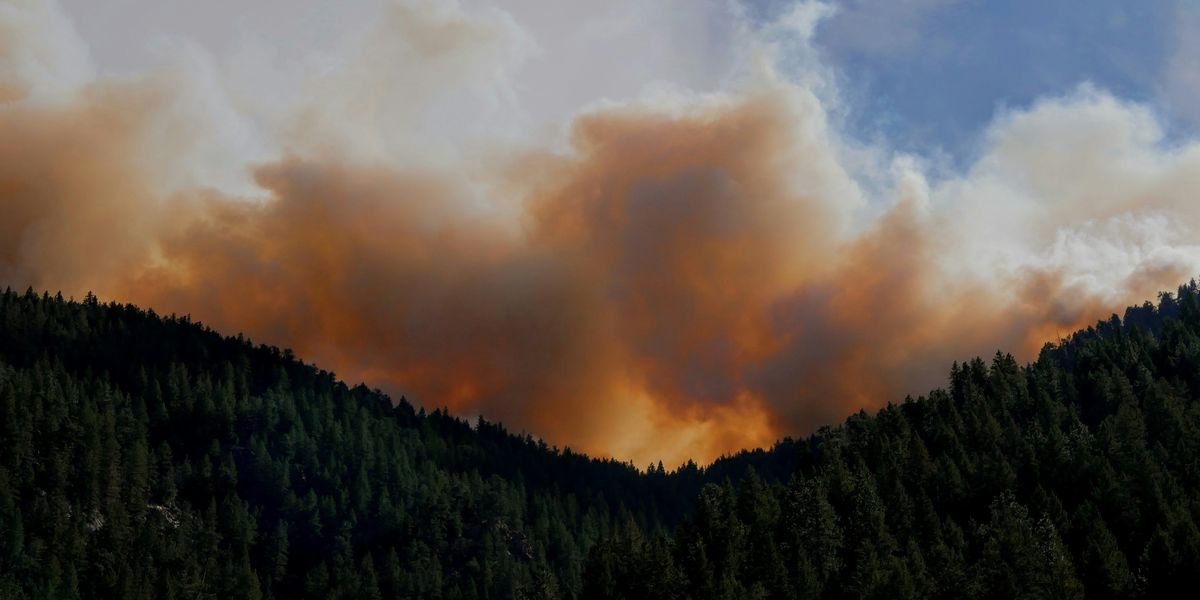energy blackouts
Heat waves threaten power grid stability with potential blackouts
Prolonged heat waves could increasingly cause blackouts by overheating power transformers, particularly in California, Arizona, Nevada, and Texas, new research indicates.
In short:
- Transformers, essential for regulating electricity to safe levels, are vulnerable to prolonged high temperatures.
- Cities like Phoenix may face over 120 days annually with temperatures that can degrade transformer performance, leading to potential blackouts.
- Power outages during heat waves pose serious health risks, especially to vulnerable populations.
Key quote:
“When it’s hotter outside, our power plants are less efficient, and the transmission lines are less efficient, and the air conditioners are less efficient.”
— Michael Webber, professor of mechanical engineering, University of Texas at Austin
Why this matters:
As climate change leads to more frequent and intense heat waves, the strain on the electrical grid will increase, raising the risk of blackouts. This could result in severe public health crises during extreme heat events.
Pakistan power cuts emphasize nation's economic crisis
Threat of blackouts in Brazil highlights climate crisis
Twenty years after the blackout that prompted nine months of rationing to keep the power grid from collapsing, Brazil may see a repeat of the traumatic situation, this time with a more obvious climate change undertone.
Lewis Milford and Abbe Ramanan: Outages and outrages - the fossil fuel industry exploits blackout fears
In a hotter world, we can expect more power outages — both from surging demand and from climate-driven disasters. The question is, how can we protect vulnerable people when the power goes out?
Load-shedding’s silver lining: Lower levels of sulphur dioxide air pollution
Rolling blackouts last year helped South Africa's sulphur dioxide emissions to drop by about 15%, reaching an all-time low on the 15-year record.

















